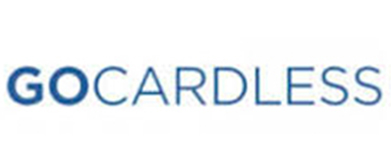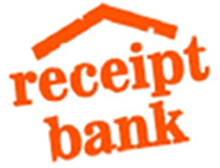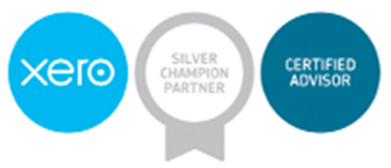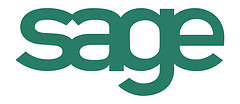
Your guide to self-assessment
If you find the thought of filing your self-assessment tax return form a daunting prospect, you’re certainly not alone!
It’s a common misconception that filling out your self assessment form is a complex process when in fact, if you are organised, prepared and understand what you need, the process can be really simple.
We’ve created a helpful guide to self-assessment, so that you have all the information you need to submit your self-assessment return.
First and foremost, who needs to submit a self-assessment?
Get A Free Quote
We believe in working with our clients to make accountancy services easy. Get year-end accounts, CT600 corporation tax, payroll, bookkeeping and management accounts made easy.
If you meet the following criteria, you will need to submit a self-assessment:
- Your self-employment income was more than £1,000
- You need to pay Capital Gains Tax on profits from selling things like shares or a second home.
- you’re a director of a company
- You or your partner’s, income was over £50,000
- you have income from abroad you need to pay tax on, or you live abroad but have an income in the UK.
- Your taxable income was over £100,000
- Your income from renting out property was more than £2,500
- You earned more than £2,500 in untaxed income
- Your income from savings or investments was £10,000 or more before tax.
- You are a trustee of a trust or registered pension scheme
- Your State Pension was more than your personal allowance and was your only source of income
Please note: You do not need to submit a Self-Assessment tax return if you’re an employee who has paid tax through the Pay As You Earn system, however if you have earned over £100,000 you will need to pay.
How to register for a Self-Assessment tax return?
If this is the first time that you are filling out a self-assessment return, you will need to for Self-Assessment first via the Gov.uk website – the website is incredibly easy to navigate.
Once you have completed the registration process, you will then be provided with a Unique Taxpayer Reference that you will need to keep in a safe place.
And, if you wish to submit your Self-Assessment form online, you will then need to set up a Government Gateway account by following the instructions in the letter containing your UTR.
If you have already submitted Self-Assessment tax returns before, you will need to make sure that you can access your old UTR to register and set up the account.
What are the Self-Assessment deadlines?
For the 2019/20 tax year, which runs from 6 April 2019 to 5 April 2020, you will need to
submit your return by midnight 31 January 2021 if filing online and pay the tax you owe by midnight 31 January 2021.
Why choose React Accountancy?
Here at React Accountancy, we provide trusted accountancy services to start-up, established and multi-national businesses across a diverse range of industries.
From the moment you get in touch, our approachable, friendly and professional team will go above and beyond to ensure that you receive the right advice, support and accountancy solutions for your business.
All of our team has years of experience in providing accountancy services that support your business including complex financial issues.
Get in touch today for further information about any of our services.
You can reach us on 01914324110 or contact us via email using info@reactaccountancy.co.uk
Get A Free Quote
We believe in working with our clients to make accountancy services easy. Get year-end accounts, CT600 corporation tax, payroll, bookkeeping and management accounts made easy.




